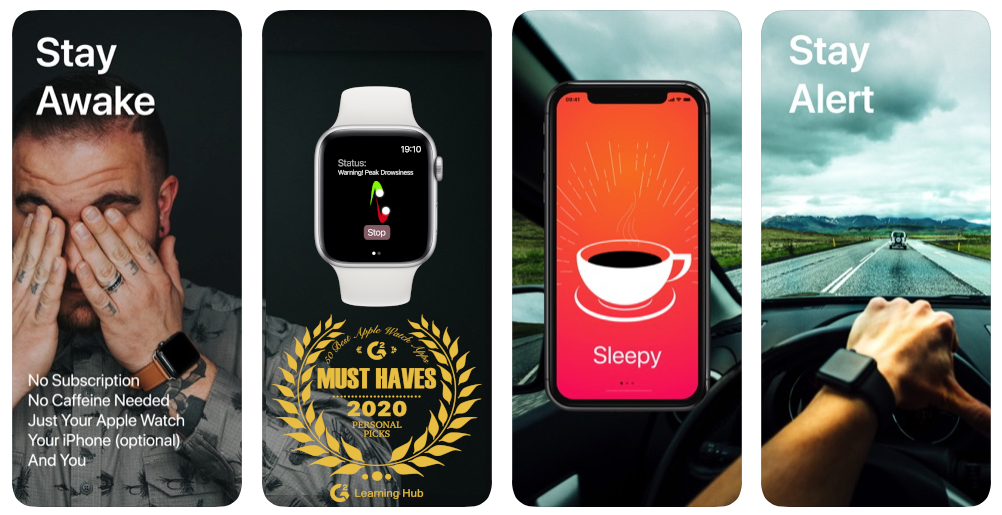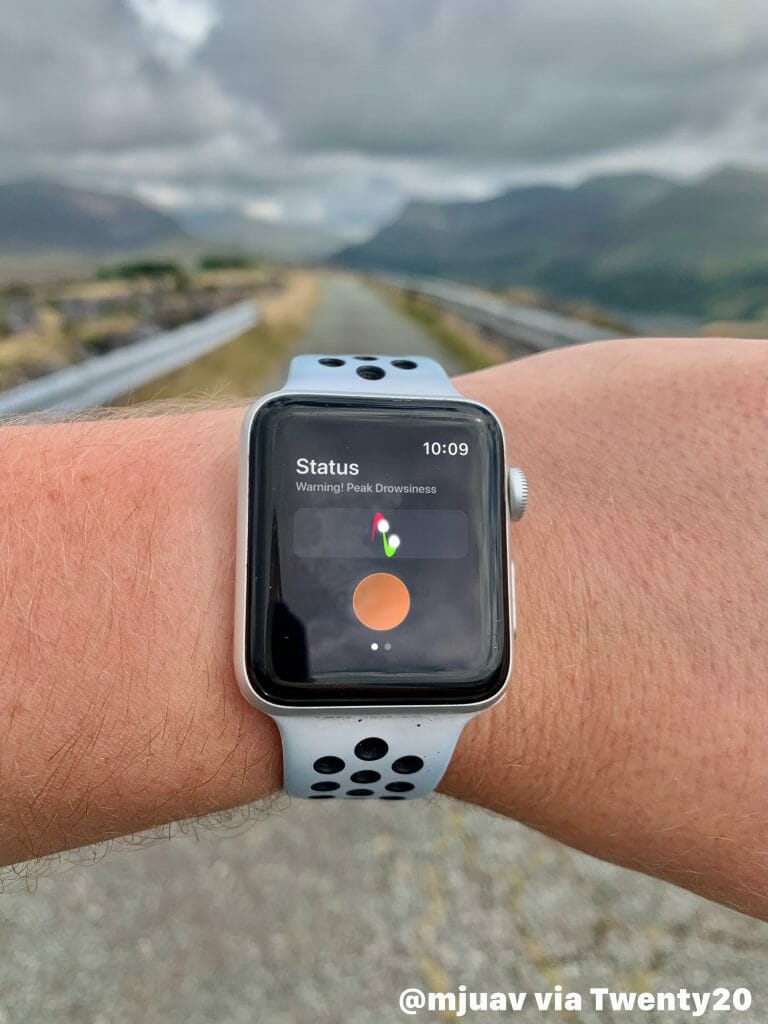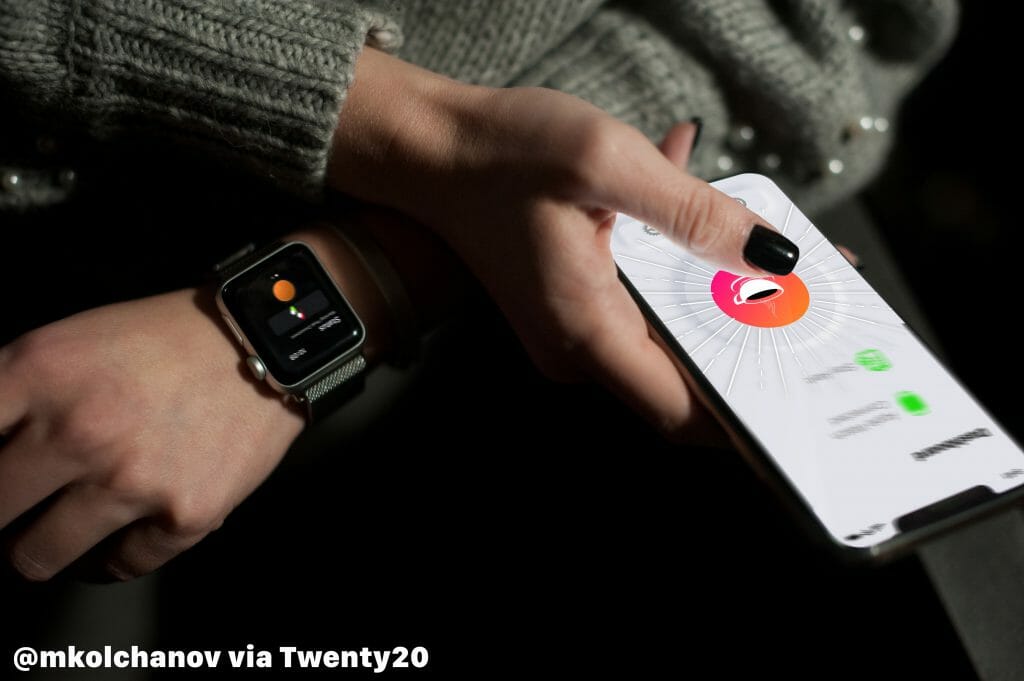Know the Optimal Time to Take a Break
Ultimately, you have to listen to what your body is telling you and not force yourself to work longer than is optimal for you and your productivity.
Make Time For Yourself
You Deserve It…
The other day I was talking to a colleague about how currently there seems to be so much more to do. We went back and forth with anecdotes that confirmed how we felt and just as I felt my motivation spiralling downwards, my colleague happily exclaimed how thankful that he was going to be on holiday for two weeks.
With glee in his voice he told me to “enjoy holding the fort”, and wished me luck! Unfortunately for me, I still had two months to wait before my holiday, and cursed myself for not booking it sooner. Sulking looking at my screen I thought about the time that I don’t spend prioritising breaks that suit me when I work, particularly during the work day and both planned and unplanned vacations.
I scolded myself for letting things get to this point and then realised that lately I hadn’t been following my own advice, and became more focused on the amount of work rather than organising the work around the time that I had to complete it!
I stopped sulking and started to dig through my journal and past articles that I’d posted to see what I could do to get myself back in balance.
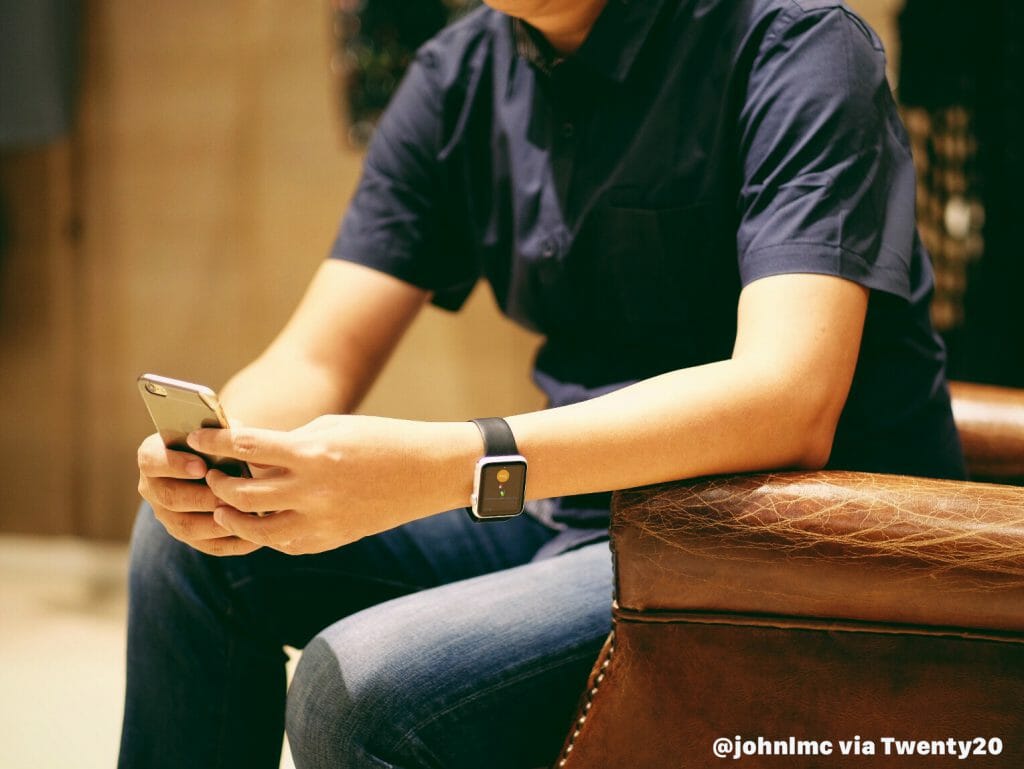
Unbalanced Work
Work life balance is a mantra that has been espoused by the corporate world for a while now. Many companies make a point of letting potential new recruits know that they actively encourage and support a more healthy balance between private and work life.
In my time working with various institutions, I’ve had more than my fair share of emails, bulletins and workshops to help guide me to that elusive goal of a perfectly balanced professional and family life. Managers and team leads have encouraged me to take time off, and to be fair, some have been really supportive and understanding.
So why is it that with all this encouragement and support, that people find themselves feeling overloaded and overworked?
Possible reasons include:
- Not wanting to let your colleagues, team or company down
- Increasing workloads
- Overly demanding bosses/managers
- Bullying
- and stress
Whatever the cause, the end result is that you can skip daily breaks and vacations for the “greater good” of the project or deadline. And when you are under pressure to get things done, work breaks can be easily overlooked.
No Play, Low Pay
We live in a time when professionals take fewer vacations than ever before and businesses are generally leaner, tending toward high productivity at the expense of flexibility. It’s hard to find a “convenient” time to get away, and when you do the stress of re-entry and catching up can wear you back down in almost no time.
Americans seem to be among the worst of professional workers around the world for leaving hard-earned vacation time on the table. Depending on which one of the many surveys you can read on this subject, something like 50% of American workers use less than their allotted vacation time…
Atwood, S. (2015). Take a Break ‐ You Deserve It. Information Display, 31(4), 2-35.
Most of those same surveys also cite higher stress levels for people who do not take time off, and worse, some indicate that long-term career prospects are worse for people who cannot pull themselves away from the office or lab.
I once worked at a firm where it was expected that you worked long days (12 – 16 hours) and weekends continuously for months. Knowing what I know now, I realise that this way of working was bordering on the cruel and abusive, but to keep us working and motivated we were told that we were the elites in our industry, the go getters, and by enduring work like that, were destined to be industry leaders in our fields.
Life was a blur. I couldn’t think clearly and as a result made more mistakes than necessary. This had knock on effects for the rest of the team, so I felt guilty and would work longer to help fix the mistakes that were caused by the tiredness I felt because of the long hours that we were working. And so it went on.
That was an extreme case but many people figure that productive work equals long hours, but in fact the opposite is true. The longer the hours you work, the more likely you are to make errors and reduce the quality of your work.
Furthermore, you open yourself up to stress and burn-out, which in their early phases, rather than impress your colleagues and bosses, can make them see you as incapable, lazy or needy. Eventually this can lead you to being overlooked for promotion and could even cost you your job (as well as your health and well being).
Some of the signs that you may be heading towards burnout include:
- Not going to work or not getting out of bed
- Losing interest in work that used to be exciting and interesting
- Not meeting your basic needs – eating, exercising and family time
- Making more mistakes than usual at work
- Inability to concentrate
- Being short tempered, intolerant or overly sensitive with colleagues
- Catching illnesses more often
- Not sleeping well
- Feelings of low confidence
source: Powell, K. (2017). Work–life balance: Break or burn out. Nature, 545(7654), 375-377.
Regular Breaks
A break from work is a period in the course of a workday during which employees shift their attention away from current tasks. A micro-break is a short break from work that lasts a few minutes and that is informal and less structured than, for example, a lunch break.
Employees initiate a micro-break themselves or deliberately decide to join a micro-break initiated by others.
Micro-breaks can encompass various kinds of activities, including, for example looking out the window, checking in with a favourite colleague, or going for a short walk.
Bosch, C., & Sonnentag, S. (2019). Should I Take a Break? A Daily Reconstruction Study on Predicting Micro-Breaks at Work. International Journal of Stress Management, 26(4), 378-388.
When going over my old notes about taking breaks I found that the most important thing about them, was to actually take them. In the past I’ve set up routines and work processes like using the Pomodoro or Kanban techniques where I work in 25 minute blocks with a 3 to 5 minute break between blocks. Although it works, when I’m really busy I sometimes forget to set the timer or turn the break alarms off without going on a break!
This is a big no no, and I was guilty of doing that more often than not. To get around that issue I now use our app V-CAF Stay Awake Stay Alert. It’s an Apple Watch app that is simple to use. I just press the V-CAF icon on my Apple Watch, choose the icon which best captures how I’m feeling and it starts monitoring my tiredness levels ready to notify me when my alertness decreases. I use it as my reminder to go for a break, which nowadays is a mixture between going for a quick walk outside, stretching and moving around, or having a quick 10-20 minute nap away from my desk.
As a consultant, I found it very difficult to take holidays as it meant that I would not only have to catch up with all the work that wasn’t being done whilst I was away, I also didn’t get paid for my vacations. To get around this I soon learnt that I needed to charge enough to cover my vacation times and book my vacations well in advance, so that I could organise my work around them.
If you’re an employee, don’t leave it until you feel like you can’t work another day, plan realistically for the times that suits you (and your family, if that’s a concern) best. And whilst on vacation, cut all ties with your place of work. That means, no looking at emails, or social media and taking calls. Be unreachable. Recently a colleague of mine was on holiday and he was called back in for an emergency in the office. Luckily for the bosses he was still in the country, unlucky for my friend, he had to explain to his wife and family why he was going back into work during their holiday (not a nice situation, I can tell you). Let me just say, nobody can reach him when he’s on holiday or over the weekend since that incident!
As a side benefit of taking regular breaks you’ll get a better sense of the best times that you work. During your workdays, plan your most difficult tasks around the times when you are most alert and productive, and routine work that doesn’t take too much brain power for when you’re less alert.
Review
Ultimately, you have to listen to what your body is telling you and not force yourself to work longer than is optimal for you and your productivity.
It won’t be easy to just change everything all at once, so take small steps and progressively move towards achieving a work-life balance that suits your health and wellbeing best.
Afterword
A micro-brake offers individuals the possibility to reward themselves with an activity they like, such as texting with their friends or enjoying their favourite tea. Because activities individuals are fond of have a remunerating character, micro-breaks possess the potential to provide small but immediate rewards during the workday.
Bosch, C., & Sonnentag, S. (2019). Should I Take a Break? A Daily Reconstruction Study on Predicting Micro-Breaks at Work. International Journal of Stress Management, 26(4), 378-388.
Such rewards may help recover affective-motivational resources that were depleted while working.
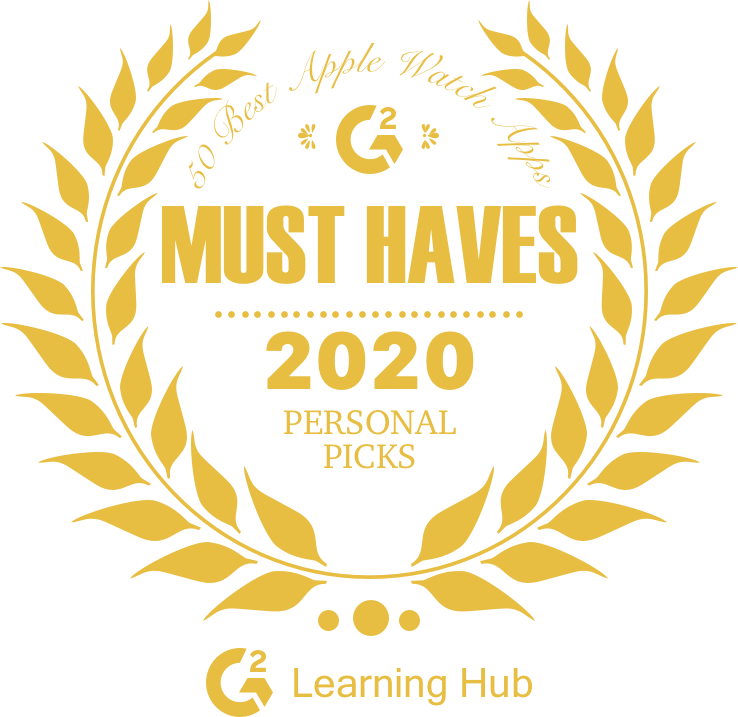
Now available on the App Store, download it now!
